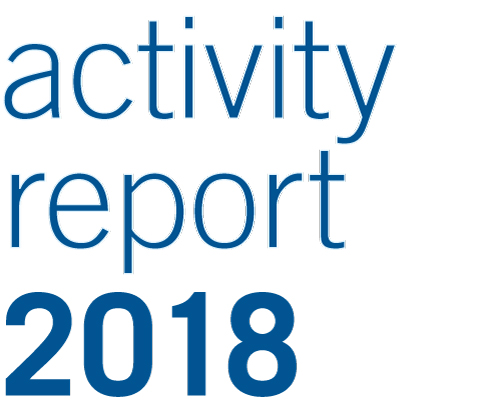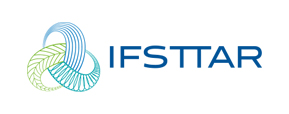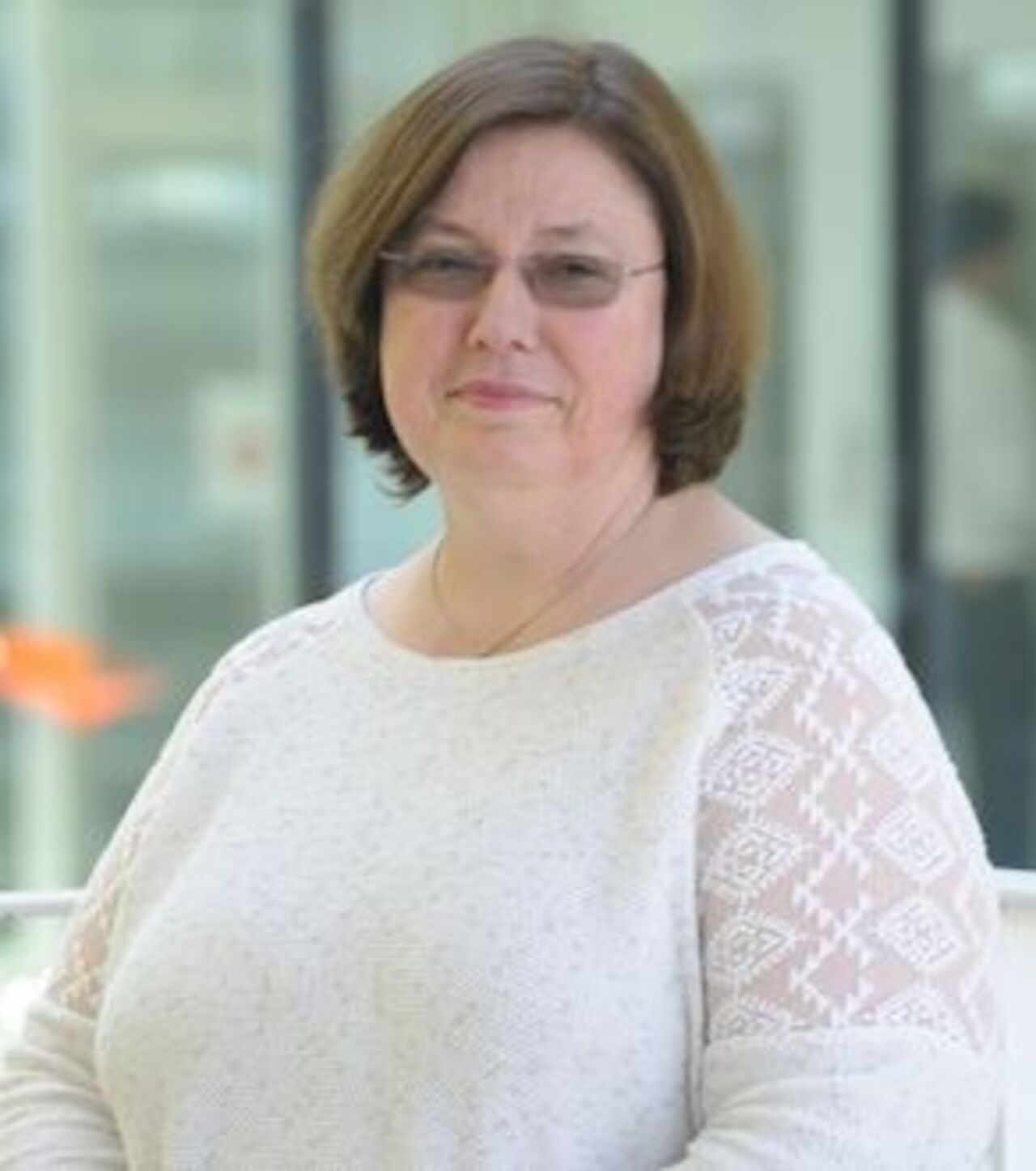Busy and productive in equal measure, for us 2018 was a year filled with good news in all areas: research, support for public policies, international actions.... despite the long wait for the legal framework for the creation of Gustave Eiffel University, which is where our Institute’s future lies. The mutual understanding seminars, which were held throughout the year with our neighbouring institutions, have already given rise to several scientific and training projects, even before the official launch of Gustave Eiffel University. This bodes very well for the future.
In the summer of 2018, the Institute's civil engineering expertise was brought back into the limelight following the collapse of the Morandi Bridge in Genoa. When approached by the authorities and the media, our experts were responsive and provided clear and understandable explanations of complex issues. Our knowledge of transport infrastructure has also been enhanced internationally through the extensive participation of our researchers at events such as TRA 2018 in Vienna and the IABSE Congress on megastructures in Nantes. As regards public policy support, our departments worked closely with the DSR on the evaluation of the 80 km/h speed limit and with the DGITM on the Mobility Policy Bill proposed by the Minister of Transport, in particular on innovation and training issues.
Our European and international cooperation is still as healthy as ever. In addition to the creation of the Innomob Institute with the DLR (Germany) and our strengthened ties with our Japanese partners, we would like to highlight a less traditional collaboration: our participation in a T20 working group on infrastructure financing. IFSTTAR was asked to make operational proposals for one of the think tanks preparing for the June 2019 G20 meeting in Osaka.
''Our expertise on civil engineering and infrastructure in the limelight''
Other good news includes a further increase in contractual research activity (which represents 77% of our own resources) and continued to produce a large scientific output that is open to society. The Sense-City Equipex has started operations as the works for the Transpolis project are nearing completion. Some research projects have also gathered a lot of pace. This applies in particular to our work on the Fifth Generation Road (R5G), for which there is now an agreement in principle signed with CEREMA to develop a demonstrator, and FastCarb. The initial scale of this project has been tripled thanks to funding from several private companies interested in improving and accelerating the storage of the CO2 in recycled concrete aggregates. It is clear that our research is of greater interest to companies and that they are more interested in recruiting young researchers and Cifre doctoral students.
All these results are good reasons to be proud of our teams and the quality of their work.


